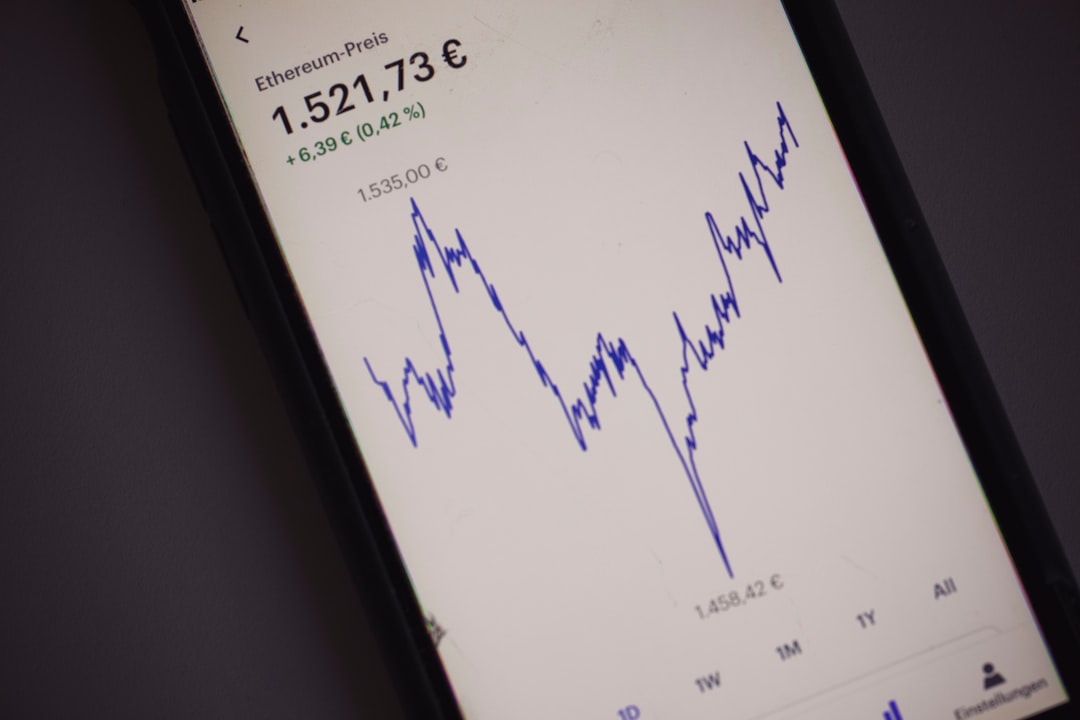What is it about?
Crude oil continues to be one of the significant energy sources. Several countries do not have enough indigenous oil and gas resources. These countries resort to overseas business of Exploration and Production (E&P) of oil to secure a stable supply. Profitability, risk and growth guide overseas investment decisions. Selection of overseas investment opportunities are critical for a firm because of uncertainty in identifying and quantifying the attendant geological, commercial, social and political risks as well as return on investment. To secure overseas oil acreage, business entities intend to invest in overseas E&P destination having reasonable petroleum reserve, favorable contract terms (fiscal terms), well-developed infrastructure, sound legal system, minimum country risk (CR) (economic, social and political) and facilitate relative ease to do business in that country. The countries have varied mix of these parameters, and it leads to growing concern to screen and rank overseas investment opportunities. Methodologies to rank global opportunities should take into consideration the risk factors such as petroleum potential, infrastructure, geo-political scenario, contract terms, etc. We coin the term for the numerical rank as Globalization Index (GI), which is a function of the factors considered to affect the decision of a business entity in screening the global destinations for venturing in to E&P business of crude oil. This paper is an attempt to model these factors by invoking Alternating Conditional Expectation methodology to find GI.
Featured Image
Read the Original
This page is a summary of: Nonparametric approach to rank global petroleum business opportunities, Journal of Applied Statistics, March 2011, Taylor & Francis,
DOI: 10.1080/02664760903563601.
You can read the full text:
Contributors
The following have contributed to this page










